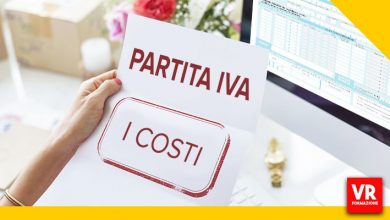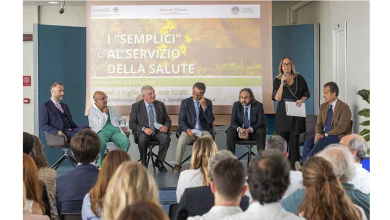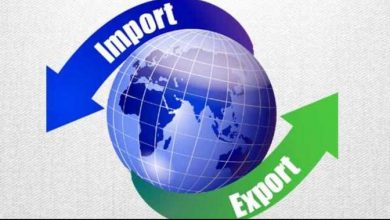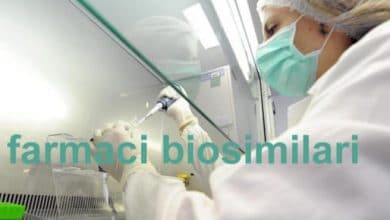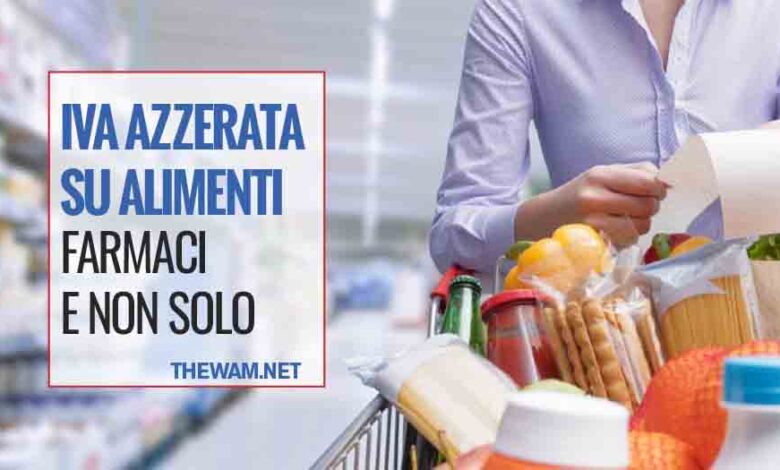
Editor's note: The cover image comes from the site "thewam.net“
Goodbye to VAT, the bomb proposal arrives to give hope to Italians
The farewell to VAT on the shopping cart is the proposal included in the anti-inflation decree. Italians  they smile while the Mef has reservations.
they smile while the Mef has reservations.
Economic aid for everyone and not limited to those in difficulty, this is the perplexity of the Ministry on the Brunetta proposal.
Information today – July 15, 2022
The Ministry of Public Administration Renato Brunetta has launched a real one bombshell proposal against inflation. The idea is to:. Consumers rejoice at the thought that the intervention is being examined by the Ministry of Economy and Finance and hope that the hypothesis will become reality in a Decree at the end of July or, at most, in the 2023 Budget Law. Inflation does not stop, prices continue to rise moved by the war in Ukraine that does not come to an end e from the resulting speculations. The general context is increasingly dramatic for many families and businesses; the zero VAT move would come as a glimmer of hope in the midst of so much negativity. The hypothesis is, however, really feasible?
The farewell to VAT ever closer
The European Union allows member countries to change VAT rates even going so far as to reset them. The change of directive of last April 2022, therefore, comes as a welcome gift that taxpayers would like to discard as soon as possible. The cancellation of the stamp duty on some products would fall within the scope of exemption with right of deduction.
 They should be the ones to enjoy zero VAT goods and services which already see the reduced VAT applied between 5 and 10%. We are talking about foodstuffs, medicines, water, medical devices, newspapers, books and the transport sector. A reduction in the costs of these products would translate for consumers at a lighter expense. Low-income families would benefit enormously and the shopping trolley - according to Minister Brunetta - could continue to be completely filled.
They should be the ones to enjoy zero VAT goods and services which already see the reduced VAT applied between 5 and 10%. We are talking about foodstuffs, medicines, water, medical devices, newspapers, books and the transport sector. A reduction in the costs of these products would translate for consumers at a lighter expense. Low-income families would benefit enormously and the shopping trolley - according to Minister Brunetta - could continue to be completely filled.
Anti-inflation decree, between news and doubts
The Minister suggests another intervention, the expansion of fringe benefits. These are ancillary benefits such as vouchers, insurance and company cars that should be incentivized by encouraging employers to protect the purchasing power of employees.
In relation to the doubts related to the company's costs, the Minister explains that the coverage would come from the extra revenue deriving from the VAT in these months of rising inflation. Estimates are around 10 billion euros more in VAT compared to the same period 2021 which could be used to reduce the VAT itself on the products listed. The Mef, however, has further doubts. The intervention it would not be selective but aimed at the whole population. The Government, on the other hand, only wants to help those who really need it. The obstacle seems, at the moment, insurmountable unless the parties meet with an acceptable compromise. For citizens it would be enough to answer one question, better to help everyone or not to help anyone?
Note:
The ordinary VAT rate pursuant to 22% applies to some products sold in pharmacies (cosmetics, parapharmaceuticals, etc.) and the provision of services such as distribution on behalf, however it does not apply to drugs and other products subject to the reduced rates pursuant to 4% and 10% .
The Revenue Agency clarified that:
- among the assets subject torate of 10% There are "medical devices based on substances, normally used for medical treatment, for the prevention of disease and for medical and veterinary treatments, classifiable in heading 3004 of the Combined Nomenclature (…)
- LVAT rate at 10% also applies to «ready-to-use medicines human or veterinaryincluding homeopathic products; pharmaceutical substances and medication items with which pharmacies must necessarily be equipped according to the official pharmacopoeia".
The VAT rate at 4% applies, as clarified by the Revenue Agency, only to products that are intended to directly compensate for the functional impairments of the disabled person.
VAT at 4% is therefore usually applied to specific products, e.g. diapers, walking aids, prostheses, etc.
Healthcare services are VAT exempt

